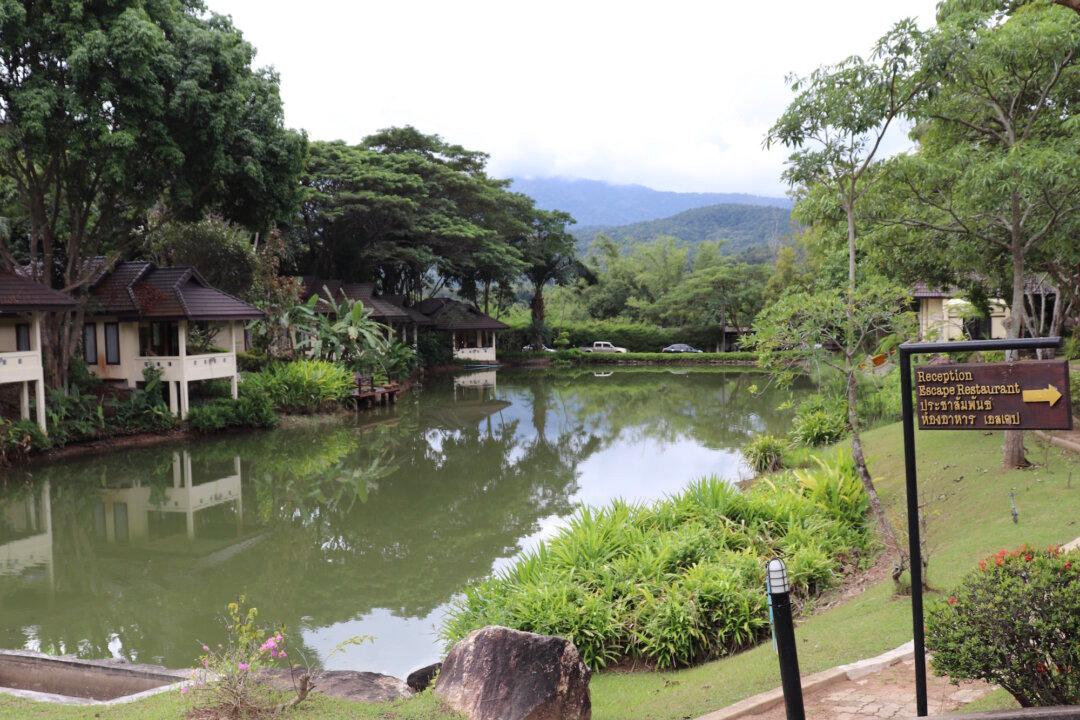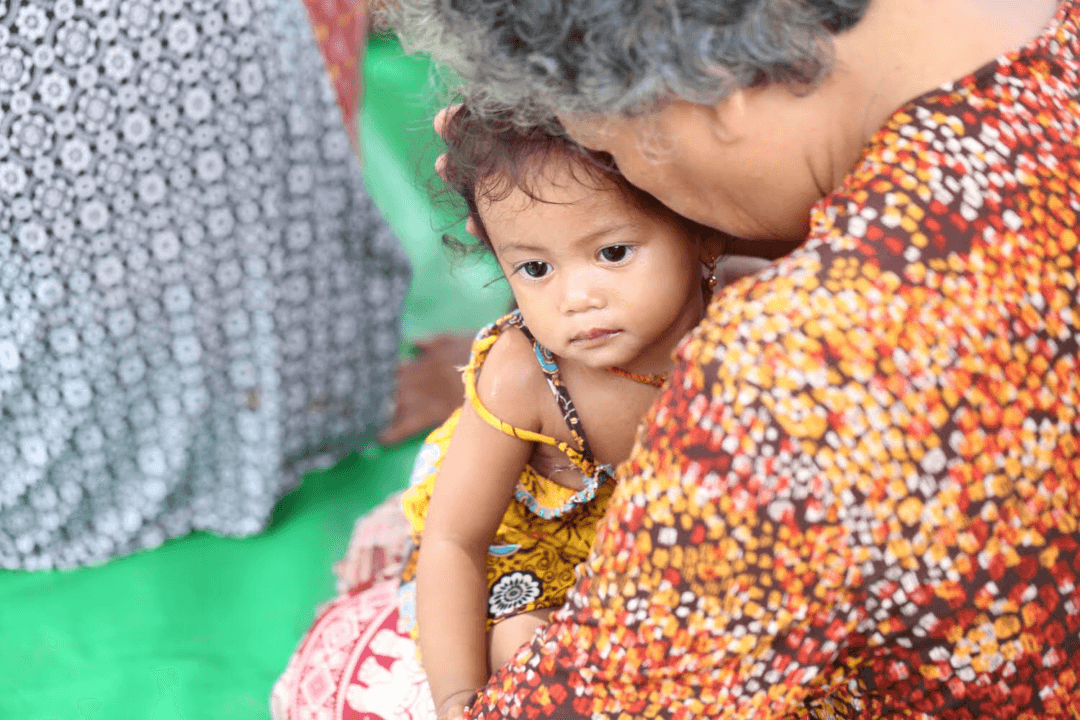CHIANG MAI, Thailand—On a balmy Sunday in November, Nicole Jean Kennedy waits to be served lunch at the resort where she is staying. She looks out on lush tropical gardens dotted with tree-shaded villas, and the mist-fringed mountains beyond.
“It’s hard to beat,” she said.


